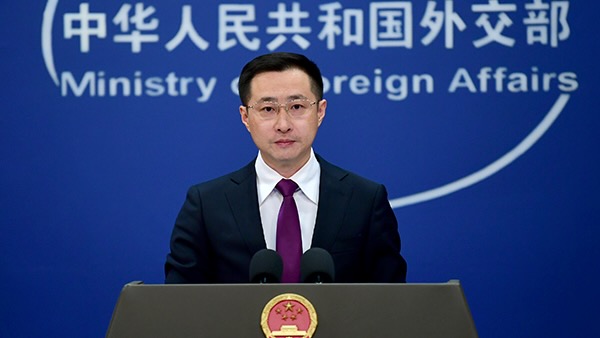China Tells G7 To Abandon Cold War Mentality
China asked the Group of Seven (G7) countries to abandon their Cold War mentality and ideological bias on Thursday, November 13, after they accused China of causing instability in the East Asian region.
The G7 should “take a clear grasp of the global trend, abandon the Cold War mentality and ideological bias and stop manipulating issues related to China,” said Lin Jian, spokesperson of the Chinese Ministry of Foreign Affairs, while answering a question related to the allegations made by the G7.
On Wednesday, a joint statement issued after the G7 foreign ministers’ meeting in Niagara in Canada expressed support for “Taiwan’s meaningful participation in appropriate international organizations” and accused China of causing political and economic instabilities.















